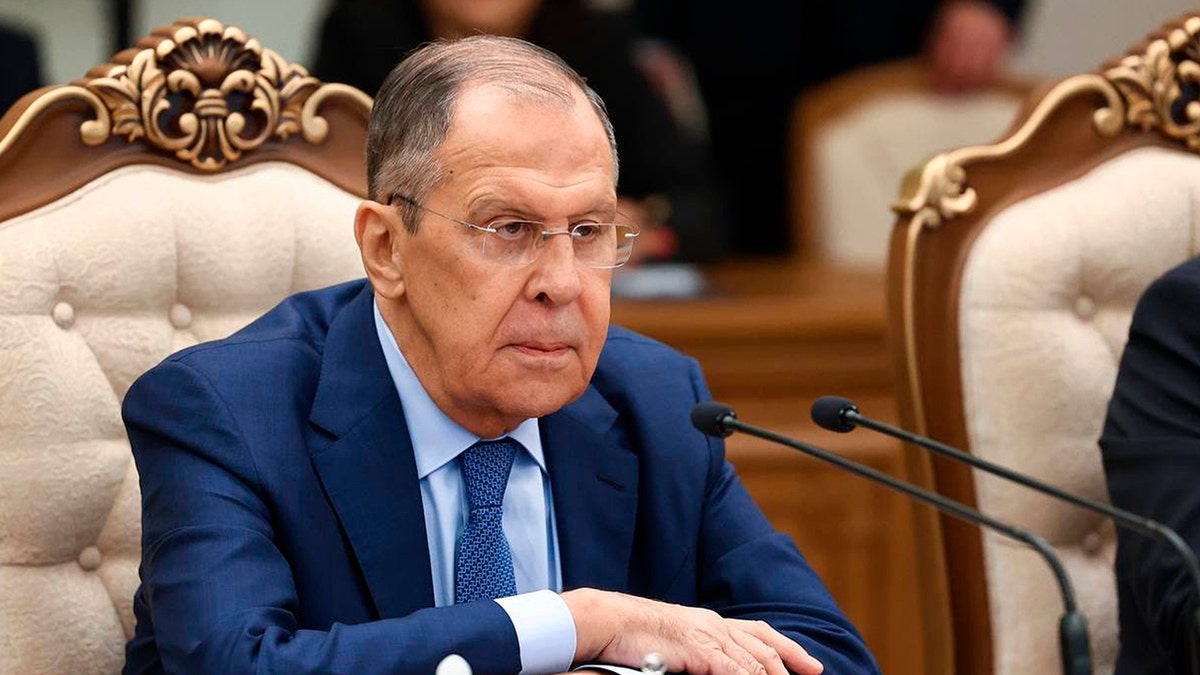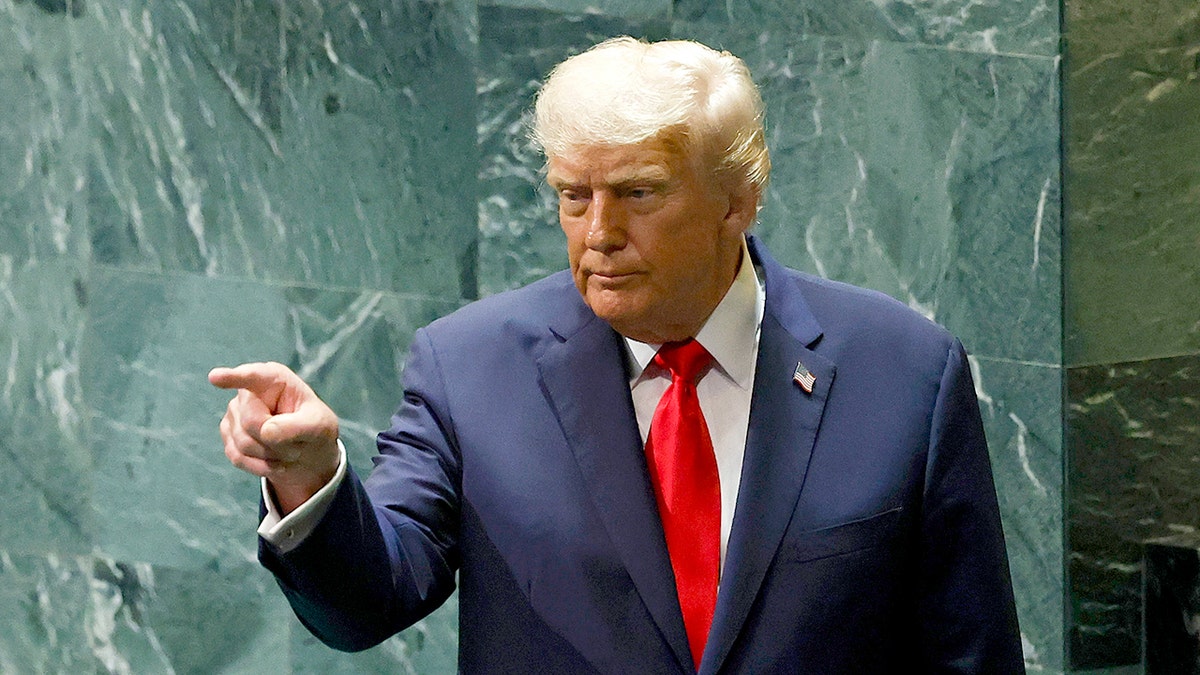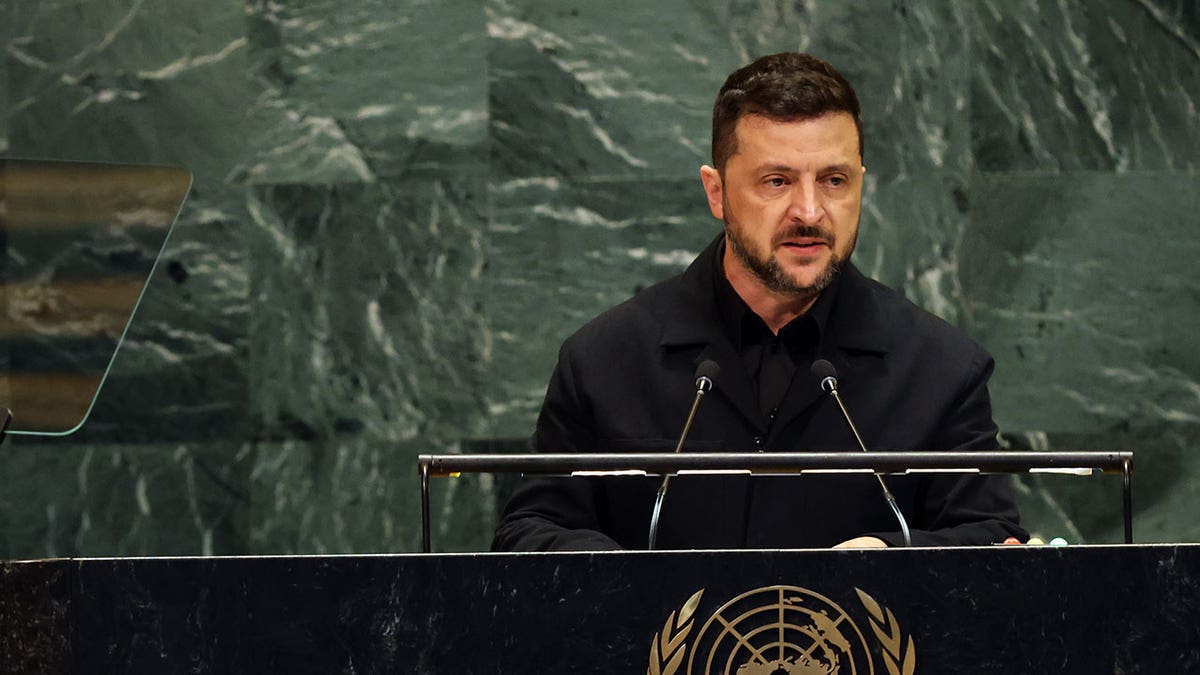

Russian Foreign Minister Sergey Lavrov used his address to the United Nations General Assembly (UGNA) on Saturday to deliver one of Moscow’s starkest warnings yet to the West, accusing NATO and the European Union of waging a "real war" against Russia.
Lavrov opened with sweeping historical references to World War II, positioning Russia as the heir to the Soviet Union’s role in defeating Nazism and defending global sovereignty. He accused the U.S. of dismantling those postwar principles through interventions in Yugoslavia, Iraq and Libya, and warned that the same was happening today in the Middle East.
While condemning Hamas’s Oct. 7, 2023, attack, Lavrov said Israel’s campaign in Gaza amounted to "collective punishment" of civilians, linking the conflict to what he portrayed as decades of unchecked Western use of force.
Lavrov accused NATO of ignoring decades of security commitments. He insisted Russia has "never had and does not have" plans to attack NATO countries, calling Western warnings of a Russian offensive "provocations."

Russian Foreign Minister Sergey Lavrov addressed the United Nations General Assembly on Saturday, issuing one of Moscow's starkest warnings to the West yet. (Russian Foreign Ministry Press Service telegram channel via AP)
He singled out claims by European leaders as "false portrayals" of Moscow’s intentions, echoing President Vladimir Putin’s denials that Russia plans to strike NATO or EU territory. At the same time, Lavrov issued a direct threat: "Any aggression against my country will be met with a decisive response. There should be no doubt about this among those in NATO and the EU."
The warning comes amid heightened tension along NATO’s eastern flank. Estonia recently accused Russian jets of violating its airspace, and NATO forces shot down drones over Poland. The U.S. responded by telling the U.N. Security Council it would "defend every inch of NATO territory." Against this backdrop, Lavrov’s speech underscored Moscow’s effort to frame any clash with NATO as an existential threat to Russia itself.
The timing also intersects with a shift in U.S. rhetoric. President Donald Trump, who met with Ukrainian President Volodymyr Zelenskyy earlier this week, has hardened his tone on the war – telling reporters that Ukraine can and should reclaim all its territory.

President Trump has also embraced firmer rhetoric on the war. ( Chip Somodevilla/Getty Images)
That marks a departure from earlier signals of openness to negotiation, more than a month after U.S. and Russian officials held rare talks in Alaska. Lavrov’s UN address seemed calibrated to counter Trump’s new line, reminding Washington that Moscow sees the war not as a distant conflict but as a direct confrontation involving the United States.
Ukrainian President Zelenskyy, in his own address to the General Assembly, warned that failing to stop Russia now would unleash "the most destructive arms race ever."
Lavrov reinforced his message at a press conference after the speech, responding to a question about Western calls to shoot down Russian aircraft that might violate European airspace. He dismissed Trump’s earlier remark that Russia was a "paper tiger," noting that the president had already walked it back.
He then issued a stark warning: "If there are attempts to down any flying object … over our territory, in our airspace, then I think people will very much regret it, undertaking such an egregious violation of our territorial integrity and sovereignty."
WORLD LEADERS LAUGH, SQUIRM AS TRUMP BLASTS UN ON CLIMATE, UKRAINE, GAZA AT GENERAL ASSEMBLY

Ukrainian President Volodymyr Zelenskyy issued a warning of his own before the General Assembly: failure to stop Russia now will lead to "the most destructive arms race ever." (Spencer Platt/Getty Images)
Lavrov also took aim at U.S. sanctions on Iran, blasting Western efforts to restore or tighten restrictions as "illegal" and evidence of what he described as Washington’s strategy of "blackmail and pressure."
He said the West had sabotaged diplomatic options to revive the 2015 nuclear deal and rejected what he called manipulations at the U.N. Security Council to isolate Tehran.
Beyond Europe, Lavrov portrayed Russia as aligned with a rising "global majority" against Western dominance, pointing to BRICS, the Shanghai Cooperation Organization, and African and Latin American calls for greater representation at the U.N. Security Council.
He accused Washington of using sanctions and military blocs to preserve hegemony, while claiming Russia was defending sovereignty for nations across the Global South.
